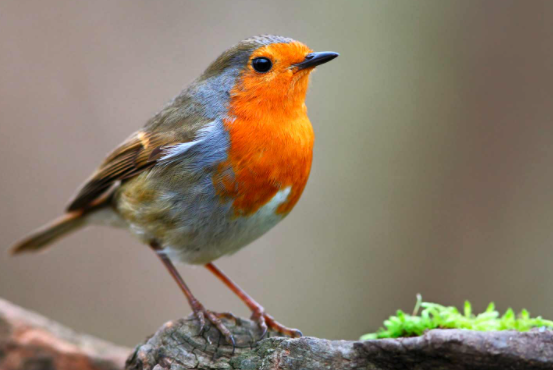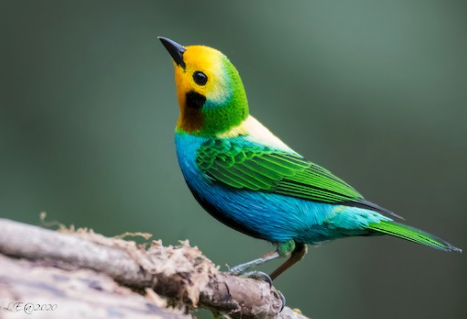IELTS Speaking Part 1 Topic Birds
Questions and Answers
1. How do you feel about birds? (why do you feel that way?)
I have to say I’m a bird-lover. It’s primarily because birds are absolutely beautiful creatures with sweet songs. Watching them fly can evoke a feeling of freedom for me.
2. How do Vietnamese people feel about birds?
Well, it’s difficult to generalize. Some people are fond of keeping birds. Some only like to eat them. And some develop a keen interest in taking pictures of birds.
3. Are there many birds near your home?
No. Birds are now a rare sight in my neighborhood or elsewhere in Hanoi center. I guess because there’re too many skyscrapers and the environment is heavily polluted. You’re more likely to find them in zoos, national parks, unpolluted cities or in the countryside.
4. Have you seen many different kinds of birds? (near your home)
No, I haven’t unfortunately. I have only seen some sparrows play on my balcony, but very rarely. When I was still living in my hometown, a small village on the outskirts of Hanoi, I spotted a variety of birds like pigeons, red-whiskered bulbuls, and spotted doves.
Vocabulary
1. lover [noun]: (often in compounds) a person who likes or enjoys a particular thing
Eg: He was a devoted animal lover, and had a large number of pets at home.
2. primarily [adverb]: mainly
Eg: It was the first book of poetry primarily designed for children.
3. creature [noun]: a living thing, real or imaginary, that can move around, such as an animal
Eg: Dogs are more social creatures than cats.
4. evoke something [verb]: to bring a feeling, a memory or an image into your mind
Eg: The music evoked memories of her youth.
5. generalize [verb]: to use a particular set of facts or ideas in order to form an opinion that is considered valid for a different situation
Eg: It would be foolish to generalize from a single example.
6. interest (in somebody/something) [noun]: the feeling that you have when you want to know or learn more about somebody/something
Eg: He showed a polite interest in her story.
7. rare [adjective]: not done, seen, happening, etc. very often
Eg: It’s extremely rare for it to be this hot in April.
8. sight [noun]: a thing that you see or can see
Eg: The eagle is now a rare sight in this country.
9. skyscraper [noun]: a very tall building in a city
Eg: It’s located in a square surrounded by towering skyscrapers.
10. national park [noun]: an area of land that is protected by the government for people to visit because of its natural beauty and historical or scientific interest
Eg: The area was designated a national park because of the many rare creatures living there.
11. outskirts [noun]: the parts of a town or city that are furthest from the centre
Eg: We live on the outskirts of a big city and we take a bus to the centre.
12. spot [verb]: to see or notice a person or thing, especially suddenly or when it is not easy to do so
Eg: Can you spot the difference between these two pictures?
13. pigeon [noun]: a fat grey and white bird with short legs. Pigeons are common in cities and also live in woods and fields where people shoot them for sport or food.
Eg: A pigeon strutted along the roof, singing rhythmically.
14. Red-whiskered bulbul [noun]: a songbird found in Asia
Eg:The red-whiskered bulbul has white cheeks, brown back, and a long white-tipped tail.
15. spotted [adjective]: having a regular pattern of round dots on it
Eg: I received a black and white spotted dress as a gift from my father.
16. spotted dove [noun]: is a small and quite long-tailed pigeon which natively lives in the Indian Subcontinent and Southeast Asia
Eg: The spotted dove has a grey head and grey-brown neck and underpants.

